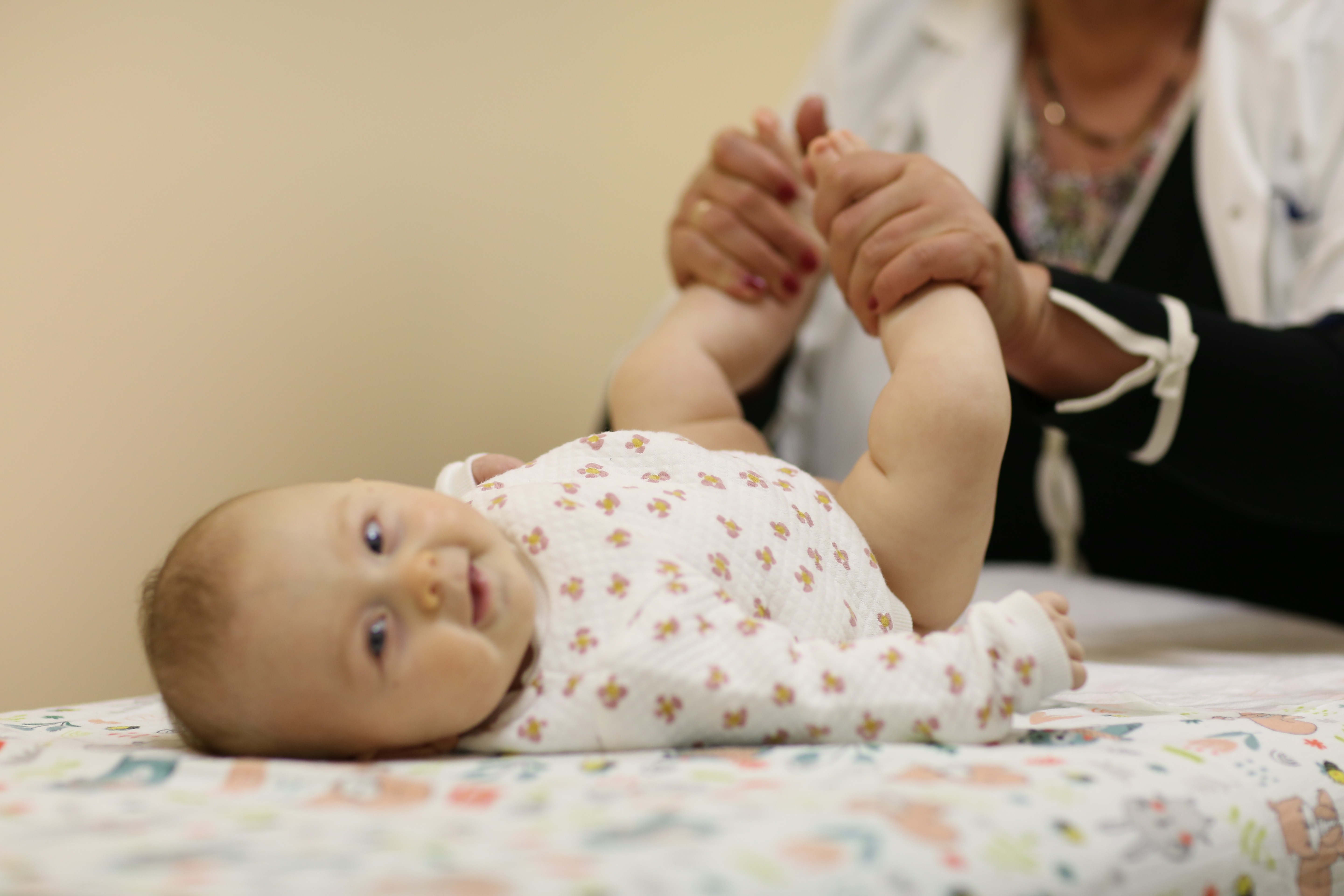- - A pediatrician-neonatologist
- - A pediatrician
- - Pediatric neurologist
- - A pulmonologist
- - Children's surgeon
- - Endocrinologist
Services

- - massage, swimming, fitball therapy with a physical therapist
- - classes with a speech therapist
- - teaching parents how to care for children with developmental disabilities
- - psychological support and accompaniment of children and their families
Measures aimed at prevention, early detection, correction of developmental disorders of children from birth to 3 years, including physical, sensory, mental, mental disorders or the risk of their occurrence, and support of legal representatives of such children.
- - objective examination,
- - assessment of physical development,
- - neurological examination,
- - assessment of psychomotor development,
- - evaluation of features and adequacy of nutrition.
Treatment, rehabilitation and psychological support for children of internally displaced persons (IDPs) and families from temporarily occupied territories.
- - Bayley III (Bayley Scales of Infant Development-III, children's development test) is an assessment of gross motor functions and fine motor skills. The examination is carried out according to the specified points, a survey of parents and an analysis according to normative scales (20-60 minutes) for children from 1 to 42 months,
- - INFANIB (Infant Neurological International Battery, international scale of development) is an assessment of neuromotor development of newborns and infants aged 1 to 18 months,
- - TIMP (Test of Infant Motor Performance) is an observation of motor movements lasting 25–35 minutes, with the aim of assessing the posture and selective control of movements necessary for infants up to 4 months of age for functional capacity in everyday life,
- - AIMS (Alberta Infant Motor Scale) is an assessment tool designed to identify atypical motor development in an at-risk child population. AIMS applies for up to 12 months,
- - HINE (Hammersmith Infant Neurological Examination) is a neurological examination tool for the diagnosis of cerebral palsy. It is carried out in children from 2 to 24 months,
- - TIME (the Toddler and Infant Motor Evaluation) is a norm-based qualitative assessment of the motor abilities of children aged four months to 3.5 years. Assesses mobility, stability, motor organization and atypical movements,
- - M-CHAT is a screening of children for autistic diseases,
- - IEM is the detection of hereditary metabolic diseases (disorders of fatty acid metabolism, carbohydrate metabolism, organic aciduria, aminoacidopathy, and endocrine disorders).
Outpatient consultation by specialized specialists (pediatrician, neonatologist, neurologist, pulmonologist, surgeon, ophthalmologist, psychologist).
- - Prevention of acute and chronic diseases,
- - Assessment of adherence to the immunization calendar,
- - Implementation of rehabilitation measures in the early stages.
Feedback form
By clicking the button, you give your consent to the processing of personal data